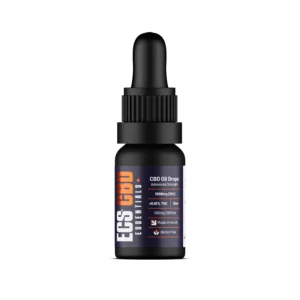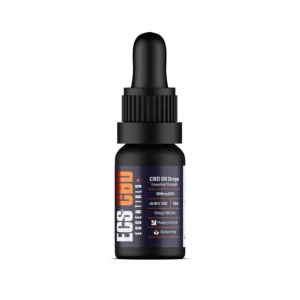CBD, or cannabidiol, has gained significant popularity in recent years as a natural remedy for various health issues. Derived from the cannabis plant, CBD is often misunderstood due to its association with marijuana. However, unlike its counterpart THC, CBD does not produce the “high” feeling commonly associated with cannabis use. Instead, CBD offers a wide range of potential health benefits that have made it a popular choice for individuals seeking alternative forms of treatment.
One of the most well-known benefits of CBD is its ability to alleviate pain and inflammation. Studies have shown that CBD interacts with the body’s endocannabinoid system, which plays a crucial role in regulating pain and inflammation. By binding to receptors in the brain and immune system, CBD can help reduce pain and inflammation, making it an attractive option for individuals suffering from conditions such as arthritis, multiple sclerosis, and chronic pain.
In addition to its pain-relieving properties, CBD has also been found to have potential anti-anxiety and anti-depressant effects. Research has shown that CBD can interact with serotonin receptors in the brain, which are responsible for regulating mood and emotions. By modulating serotonin levels, CBD may help reduce symptoms of anxiety and depression, making it a promising natural alternative to traditional medications.
Furthermore, CBD has shown promise in treating various neurological disorders, such as epilepsy and Parkinson’s disease. In fact, the FDA has approved a CBD-based medication for the treatment of seizures associated with two rare forms of epilepsy. This approval has opened the door for further research into the potential benefits of CBD for other neurological conditions, offering hope to individuals struggling with these debilitating disorders.
Moreover, CBD has been found to have potential anti-cancer properties. Studies have shown that CBD can inhibit the growth and spread of cancer cells in various types of cancer, including breast, lung, prostate, and colon cancer. While more research is needed to fully understand the anti-cancer effects of CBD, these preliminary findings are promising and suggest that CBD may play a role in cancer treatment in the future.
Beyond its physical health benefits, CBD has also been found to have potential benefits for mental health and overall well-being. Many individuals report that CBD helps them relax, improve their sleep quality, and reduce stress and anxiety. By promoting a sense of calm and relaxation, CBD can help individuals cope with the demands of everyday life and improve their overall quality of life.
In conclusion, CBD offers a wide range of potential health benefits that have made it a popular choice for individuals seeking alternative forms of treatment. From pain relief and anti-inflammatory properties to anti-anxiety and anti-depressant effects, CBD has shown promise in treating a variety of health conditions. Furthermore, its potential anti-cancer properties and benefits for neurological disorders highlight the diverse therapeutic potential of this natural compound. As research into the benefits of CBD continues to grow, it is likely that more individuals will turn to CBD as a natural and effective treatment option for their health needs.











